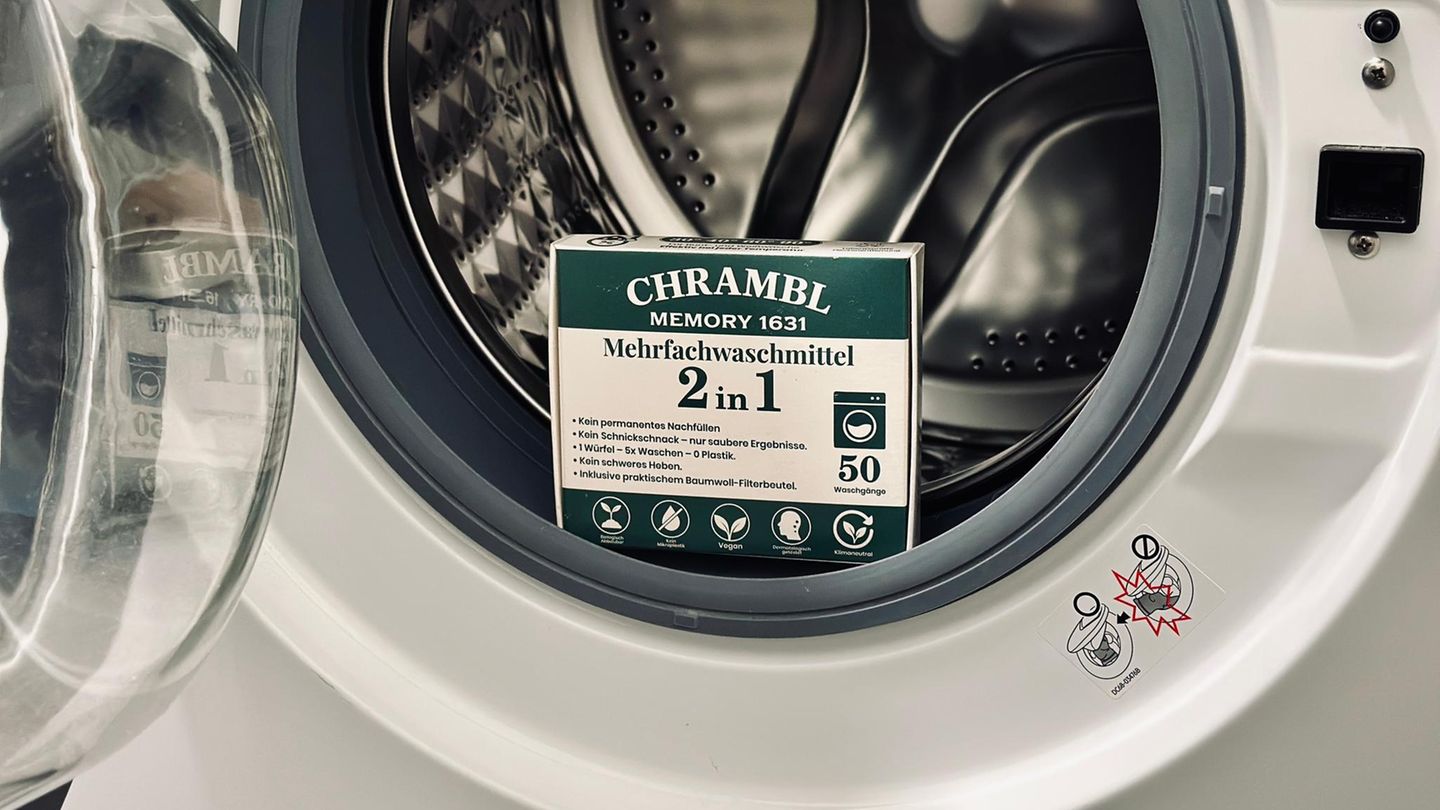Menu
Global warming: Verdict expected in climate protection trial against Shell
Categories
Most Read
Are you a university student? DNI account offers an exclusive refund to save on your purchases in October 2025
October 20, 2025
No Comments
Donald Trump announced that he plans to seal a trade pact with Xi Jinping and travel to China next year
October 20, 2025
No Comments
Javier Milei explained what the swap with the US is like and the conditions for the Government to activate the aid
October 20, 2025
No Comments
Aldi, Rewe & Co.: Retail chains are saying goodbye to cheap meat
October 20, 2025
No Comments
This is the bank that pays the most interest today, Monday, October 20, 2025
October 20, 2025
No Comments
Latest Posts

Chrambl from DHDL: What can the washing cube do for a better climate?
October 20, 2025
No Comments
“The Lion’s Den” One cube, five washes, zero guilt: Chrambl in the test Listen to article Copy the current link Add to wishlist Less plastic,

Lori Loughlin: Her husband keeps the assets after separation
October 20, 2025
No Comments
Lisa HarrisI am an author and journalist who has worked in the entertainment industry for over a decade. I currently work as a news editor

The blue dollar exceeded $1,500 and was close to its historical record
October 20, 2025
No Comments
October 20, 2025 – 16:48 Get to know the blue dollar quotes, the official one, the MEP and the CCL. Depositphotos He blue dollar It
24 Hours Worlds is a comprehensive source of instant world current affairs, offering up-to-the-minute coverage of breaking news and events from around the globe. With a team of experienced journalists and experts on hand 24/7.

